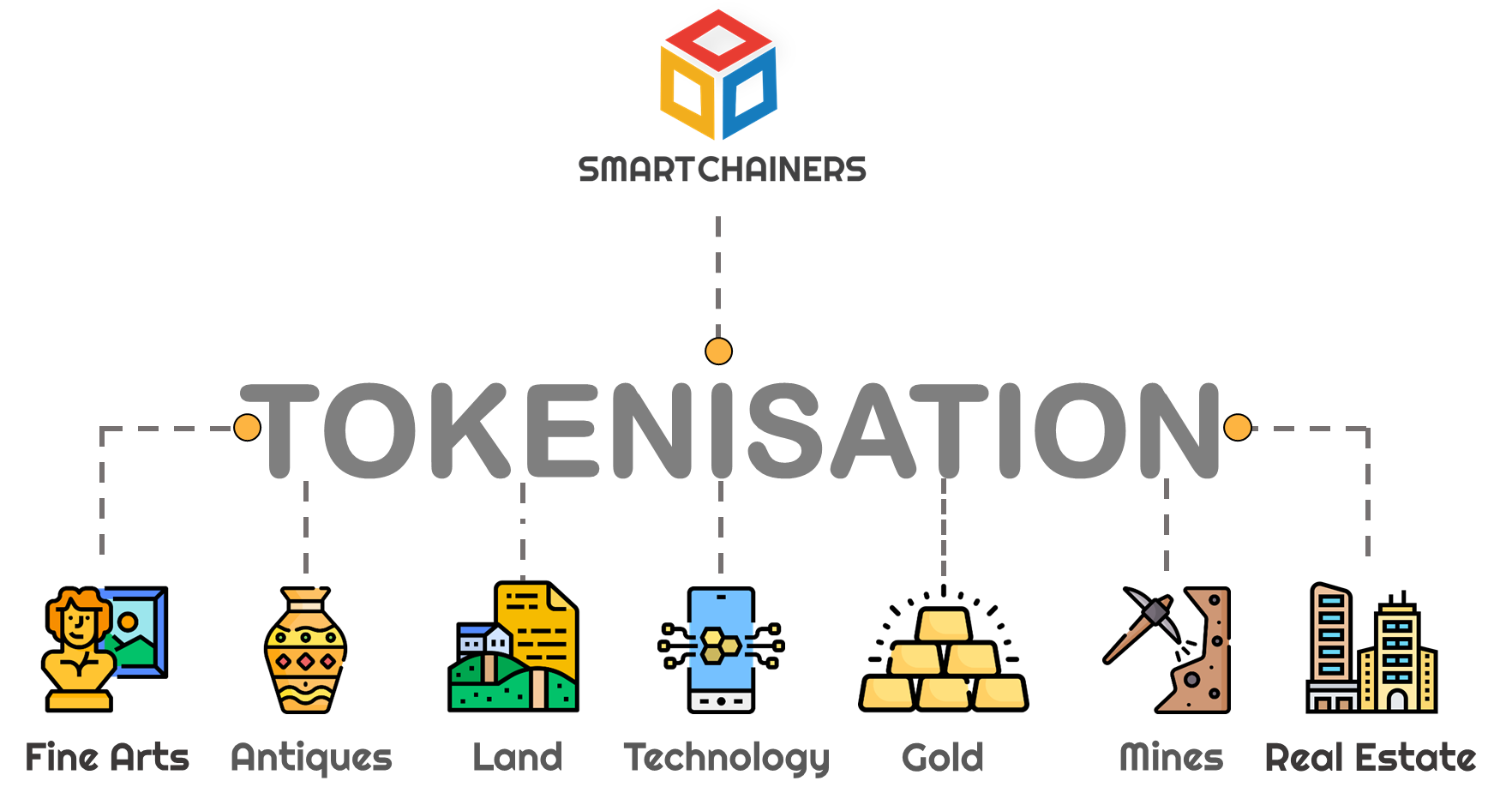
Transformative Trends: Navigating Blockchain Real Estate Tokenization
Blockchain Real Estate Tokenization represents a paradigm shift in the real estate industry, introducing innovative ways to buy, sell, and invest in properties. This transformative trend is reshaping traditional real estate practices, offering increased liquidity, accessibility, and efficiency.
Understanding Blockchain Real Estate Tokenization
Blockchain Real Estate Tokenization involves the conversion of real estate assets into digital tokens on a blockchain. Each token represents a fraction of ownership in the underlying property. This method allows investors to buy and sell these tokens, providing a more flexible and accessible approach to real estate investment.
Enhanced Liquidity and Fractional Ownership
One of the key advantages of tokenization is the enhanced liquidity it brings to real estate markets. Traditionally illiquid assets, such as real estate, become divisible into smaller, tradeable tokens. This fractional ownership model allows investors to participate in real estate ventures with smaller capital contributions, promoting inclusivity and diversification.
Smart Contracts for Transparent Transactions
Blockchain’s smart contract technology plays a crucial role in Real Estate Tokenization. Smart contracts are self-executing contracts with the terms directly written into code. In the context of tokenized real estate, these contracts automate and enforce property transactions, ensuring transparency, reducing paperwork, and minimizing the need for intermediaries.
Global Accessibility and Investment Opportunities
Blockchain Real Estate Tokenization opens up investment opportunities to a global audience. Investors from different corners of the world can participate in real estate ventures without the traditional barriers such as geographical constraints and high entry costs. This global accessibility democratizes real estate investment and attracts a more diverse range of investors.
Security and Immutable Record-Keeping
Blockchain’s inherent security features contribute to the reliability of Real Estate Tokenization. Transactions recorded on the blockchain are immutable and tamper-resistant, reducing the risk of fraud and ensuring a transparent and trustworthy record of ownership. This heightened security is a fundamental aspect that instills confidence in both investors and property owners.
Regulatory Considerations and Compliance
As with any innovative financial technology, regulatory considerations play a crucial role in the adoption of Blockchain Real Estate Tokenization. Various jurisdictions are evolving to establish frameworks that govern the tokenization of real estate. Compliance with these regulations is essential to ensure the legitimacy and long-term success of tokenized real estate projects.
Challenges in Adoption and Market Maturity
While the potential benefits are significant, the adoption of Real Estate Tokenization faces challenges. Market education, regulatory uncertainties, and the need for standardized practices are hurdles that the industry is navigating. As the market matures and regulatory clarity increases, these challenges are expected to diminish.
Diversification and Risk Mitigation Strategies
Blockchain Real Estate Tokenization offers investors the opportunity to diversify their portfolios and mitigate risks. By holding tokens representing fractions of various properties, investors can spread risk across different assets and geographic locations. This diversification strategy enhances the resilience of real estate investments in the face of market fluctuations.
Real-World Examples and Success Stories
Several real-world examples illustrate the success of Blockchain Real Estate Tokenization. From tokenized commercial properties to residential developments, these projects showcase the potential of the technology in unlocking liquidity, attracting a wider investor base, and revolutionizing traditional real estate models.
Exploring the Future with Ninth World Hub
For those interested in delving deeper into the world of Blockchain Real Estate Tokenization, Ninth World Hub serves as a hub of knowledge and resources. Explore insights, case studies, and the latest trends, providing a comprehensive understanding of this transformative force in the real estate industry.
Conclusion: Redefining Real Estate Investment
In conclusion, Blockchain Real Estate Tokenization is reshaping how we perceive and engage with real estate investment. The fusion of blockchain technology, smart contracts, and fractional ownership is paving the way for a more inclusive, liquid, and efficient real estate market. As the industry continues to evolve, embracing the possibilities of Real Estate Tokenization becomes a strategic imperative for investors and industry stakeholders alike.
